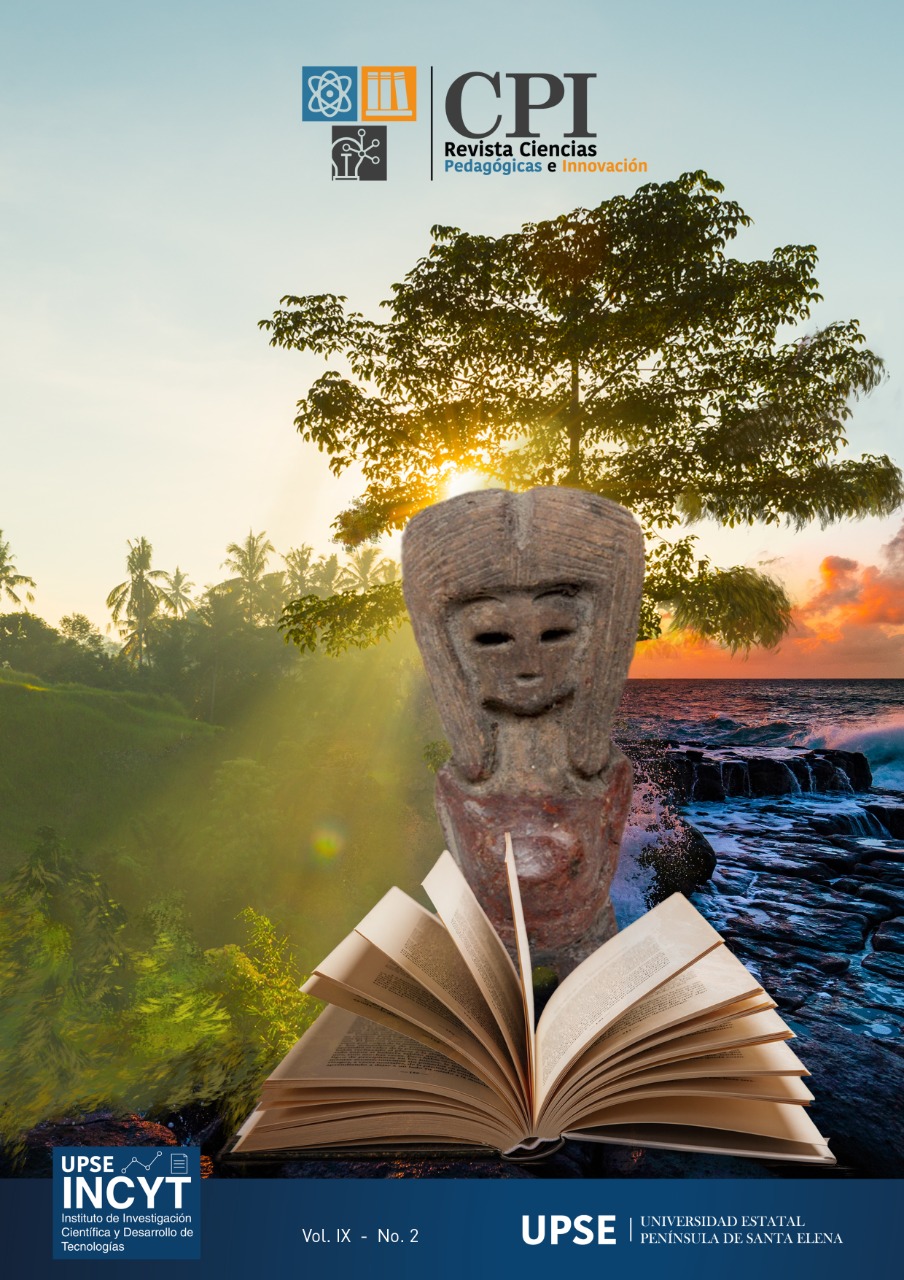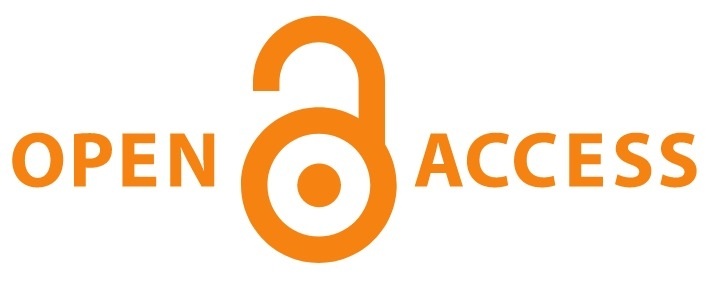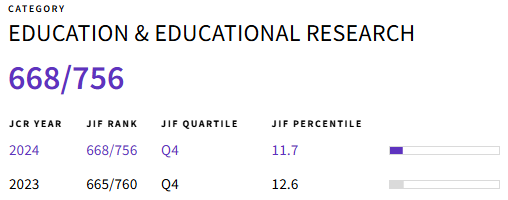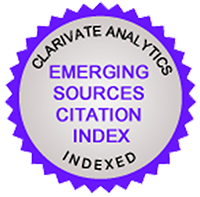Perception of customers towards the biosecurity protocols in food and accommodation establishments in the context of tourism and covid-19
DOI:
https://doi.org/10.26423/rcpi.v9i2.432Keywords:
Perception, potential customer, biosecurity protocols, food establishments, accommodation establishments, covid-19, tourism destinations, securityAbstract
Tourism is one of the sectors most affected by the health emergency caused by the covid-19 pandemic, therefore its reactivation is an urgent task. In this context, it is relevant to know about the local demand regarding the biosecurity protocols applied during the pandemic. The purpose of this study is to analyze the perception of the potential client towards biosecurity protocols in lodging and catering establishments during the pandemic. A quantitative approach was used with non-probabilistic convenience sampling, applying an online survey to 164 potential customers. A non-parametric chi-square hypothesis test was also performed, showing that the use of biosafety protocols affects the intention to visit and purchase the mentioned services. Additionally, the perception of the application of favorable biosafety protocols versus covid-19 was identified, and that the level of education, comfort and communication about biosafety protocols affect the intention to visit and purchase the services. In conclusion, the adequate application and communication of these protocols will contribute to the economic reactivation of tourist destinations.
Downloads
References
Naciones Unidas (NNUU). Informe de políticas: La covid-19 y la transformación del turismo. [Internet]. 2020. [citado 10 de diciembre de 2020]. Obtenido de: https://www.un.org/sites/un2.un.org/files/policy_brief_covid-19_and_transforming_tourism_spanish.pdf
World Tourism Organization (UNWTO). World Tourism Barometer. [Internet]. 2020. [citado 10 de diciembre de 2020]. Obtenido de: https://www.e-unwto.org/doi/abs/10.18111/wtobarometeresp.2020.18.1.6
Banco Central del Ecuador (BCE). La economía ecuatoriana decreció 12,4% en el segundo trimestre de 2020. [Internet]. 2020. [citado 14 de diciembre de 2020]. Obtenido de: https://www.bce.fin.ec/index.php/boletines-de-prensa-archivo/item/1383-la-economia-ecuatoriana-decrecio-12-4-en-el-segundo-trimestre-de-2020
Gestión de Riesgos Ecuador. Guía general de medidas de bioseguridad para destinos turísticos al momento de su reactivación, en el contexto de la emergencia sanitaria por covid-19. [Internet]. 2020. [citado 14 de diciembre de 2020]. Obtenido de: https://www.gestionderiesgos.gob.ec/wp-content/uploads/2020/07/guia_general_bioseguridad_para_turistas_en_destinos_turisticos_final.pdf
Organización Mundial de la Salud (OMS). Actualización de la estrategia frente a la covid-19. [Internet]. 2020. [citado 14 de diciembre de 2020]. Obtenido de: https://www.who.int/docs/default-source/coronaviruse/covid-strategy-update-14april2020_es.pdf
Gestión de Riesgos Ecuador. Guía general para el uso de equipos de bioseguridad y medidas sanitarias en establecimientos turísticos en zonas rurales como: haciendas turísticas, hosterías, lodges y campamentos turísticos al momento de su reapertura, en el contexto de la emergencia sanitaria por covid-19. [Internet]. 2020. [citado 14 de diciembre de 2020]. Obtenido de: https://www.gestionderiesgos.gob.ec/wp-content/uploads/2020/06/GUÍA-GENERAL_BIOSEGURIDAD-HACIENDAS-TURISTICAS-FINAL.pdf
López Bonilla, J. Manual de investigación de mercados turísticos. Madrid: Pirámide; 2019.
Petit, C. & Graglia, M.S. Manual de psicología social para el turismo. Argentina: Brujas; 2010.
Han, H., Lee, S., Kim, J. J., & Ryu, H. B. Coronavirus Disease (COVID-19), Traveler Behaviors, and International Tourism Businesses: Impact of the Corporate Social Responsibility (CSR), Knowledge, Psychological Distress, Attitude, and Ascribed Responsibility [Internet]. 2020 [citado 16 de diciembre 2020]; 12(20). Obtenido de: https://www.mdpi.com/2071-1050/12/20/8639
Moshe Yachin, J. The ‘customer journey’: Learning from customers in tourism experience encounters. [Internet]. 2018. [citado 16 de diciembre 2020]; 28, 201–210. Obtenido de: https://www.sciencedirect.com/science/article/pii/S2211973618300795
Kour, P., Jasrotia, A. and Gupta, S. "COVID-19: a pandemic to tourism guest-host relationship in India. [Internet]. 2020 [citado 05 de enero de 2021]; Vol. ahead-of-print Obtenido de: https://www.emerald.com/insight/content/doi/10.1108/IJTC-06-2020-0131/full/html
World Tourism Organization (UNWTO). Brie?ng Note – Tourism and COVID-19, Issue 1 – How are countries supporting tourism recovery? [Internet]. 2020. [citado 05 de enero de 2021]. Obtenido de: https://doi.org/10.18111/9789284421893
Kim, M. J., Bonn, M., & Hall, C. M. What influences COVID-19 biosecurity behaviour for tourism? [Internet]. 2021. [citado 20 de febrero de 2021]; 0(0), 1–7. Obtenido de: https://www.tandfonline.com/doi/full/10.1080/13683500.2021.1883558
World Tourism Organization (UNWTO). Directrices globales de la OMT para reiniciar el turismo. [Internet]. 2020. [citado 20 de diciembre de 2020]. Obtenido de: https://webunwto.s3.eu-west-1.amazonaws.com/s3fs-public/2020-06/200606%20-%20UNWTO%20Global%20Guidelines%20to%20Restart%20Tourism%20ES.pdf
Hanrahan, J. & Melly, D. “Biosecurity risk and tourist communication in Ireland”. [Internet]. 2019. [citado 10 de enero 2021]; Vol. 22, pp. 45-61. Obtenido de: https://ejtr.vumk.eu/index.php/about/article/view/374
Morales, F., Moya, M., Gaviria E., & Cuadrado, I. Psicología Social. Tercera Edición. Madrid: Mc GrawHill Interamericana de España, S.A.U.; 2007.
World Tourism Organization (UNWTO). Programa de asistencia técnica para la recuperación del turismo de la crisis de la covid-19. [Internet]. 2020. [citado 20 de diciembre de 2020]. Obtenido de: https://webunwto.s3.eu-west-1.amazonaws.com/s3fs-public/2020-07/COVID-19%20Tourism%20Recovery%20TA%20Package_8%20May%202020%20ES.pdf
Jamal, T. & Budke, C. "Tourism in a world with pandemics: local-global responsibility and action". [Internet]. 2020. [citado 12 de febrero de 2021]; Vol. 6 No. 2, pp. 181-188. Obtenido de: https://webunwto.s3.eu-west-1.amazonaws.com/s3fs-public/2020-07/COVID-19%20Tourism%20Recovery%20TA%20Package_8%20May%202020%20ES.pdf>
Yeh, S.-S.Tourism recovery strategy against COVID-19 pandemic. [Internet]. 2020. [citado 12 de febrero de 2021]; 0(0), 1–7. Obtenido de: https://www.tandfonline.com/doi/full/10.1080/02508281.2020.1805933
Gómez Varela, J., Río Rodríguez, D. & Rico, J. Reactivación de las actividades del turismo activo español hacia la "nueva normalidad" de la COVID-19: análisis documental sobre su regulación, recomendaciones, propuestas y protocolos. [Internet]. 2020. [citado 12 de febrero de 2021]; ISSN 1888-6884. --Vol. 14, núm. 2 (2020), p. 1-22. Obtenido de: https://revistas.udc.es/index.php/rotur/article/view/rotur.2020.14.2.6583/g6583_pdf
Cohen, S., Prayag, G. & Moital, M. Consumer behaviour in tourism: Concepts, influences and opportunities. [Internet]. 2014. [citado 16 de febrero de 2021]; 17:10, 872-909. Obtenido de: https://www.tandfonline.com/doi/full/10.1080/13683500.2013.850064
Kim, J. (Jamie), & Fesenmaier, D. R. Sharing Tourism Experiences: The Posttrip Experience. [Internet]. 2017. [citado 16 de febrero de 2021]; 56(1), 28–40. Obtenido de: https://journals.sagepub.com/doi/10.1177/0047287515620491
Liu, X., Mehraliyev, F., Liu, C., & Schuckert, M. The roles of social media in tourists’ choices of travel components. 2020 [citado 16 de febrero de 2021]; 20(1), 27–48. Obtenido de: https://journals.sagepub.com/doi/10.1177/1468797619873107
Ministerio de Turismo. Comportamiento del Turismo a Nivel Nacional dada la nueva normalidad generada por la afectación del virus Covid-19. [Internet]. 2020. [citado 20 de febrero de 2021]. Obtenido de: https://servicios.turismo.gob.ec/descargas/Turismo-cifras/Publicaciones/DespuesCovid/Comportamiento-Covid-VERSION-FINAL_JSP.pdf
Hernández Mogollón, J. M., Pasaco González, B.S. & Campón Cerro, A. M. Aplicación del enfoque experiencial a la innovación de marketing de destinos turísticos: Recomendaciones para su implementación en Ecuador. 2020 [citado 20 de febrero de 2021]; 30(77), 63-76. Obtenido de: https://revistas.unal.edu.co/index.php/innovar/article/view/87429
Abbas, J., Mubeen, R., Iorember, P. T., Raza, S., & Mamirkulova, G. Exploring the impact of COVID-19 on tourism: transformational potential and implications for a sustainable recovery of the travel and leisure industry. 2021 [citado 27 de febrero de 2021]; 2, 100033. Obtenido de: https://www.sciencedirect.com/science/article/pii/S2666518221000206?via%3Dihub
World Health Organization (WHO). Critical preparedness, readiness and response actions for covid-19. [Internet]. 2020. [citado 20 de diciembre de 2020]. Obtenido de: https://www.who.int/publications/i/item/critical-preparedness-readiness-and-response-actions-for-covid-19.
Rather, R. A., Najar, A. H., & Jaziri, D. Destination branding in tourism: insights from social identification, attachment and experience theories. 2021 [citado 27 de febrero de 2020]; 31(2), 229–243. Obtenido de: https://www.tandfonline.com/doi/abs/10.1080/13032917.2020.1747223?journalCode=rana20
Downloads
Published
Issue
Section
License
El titular de los derechos de autor de la obra, otorga derechos de uso a los lectores mediante la licencia Creative Commons Atribución-NoComercial-CompartirIgual 4.0 Internacional. Esto permite el acceso gratuito inmediato a la obra y permite a cualquier usuario leer, descargar, copiar, distribuir, imprimir, buscar o vincular a los textos completos de los artículos, rastrearlos para su indexación, pasarlos como datos al software o usarlos para cualquier otro propósito legal.
Cuando la obra es aprobada y aceptada para su publicación, los autores conservan los derechos de autor sin restricciones, cediendo únicamente los derechos de reproducción, distribución para su explotación en formato de papel, así como en cualquier otro soporte magnético, óptico y digital.

















